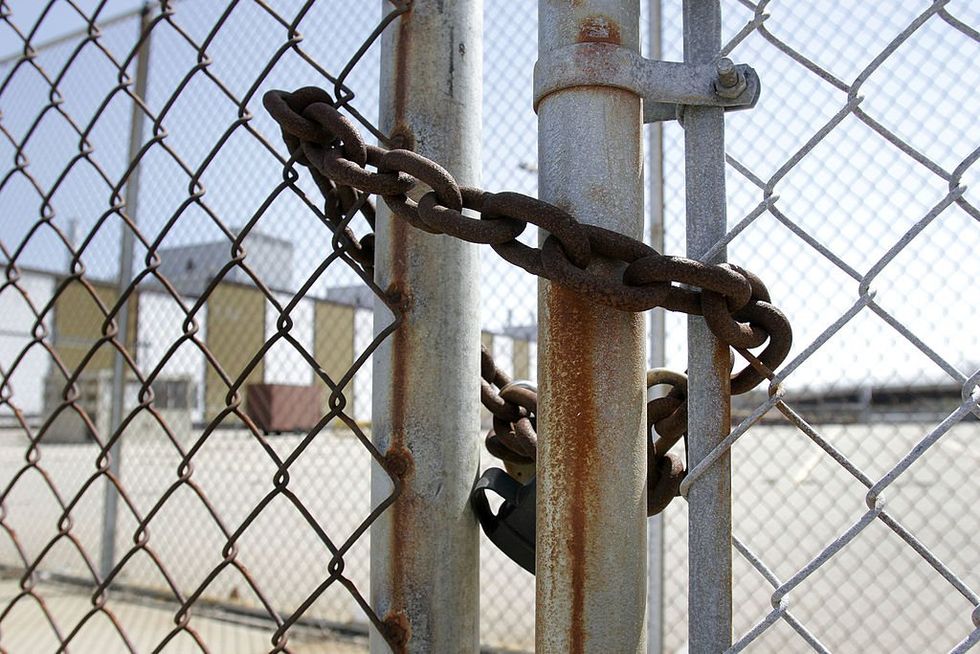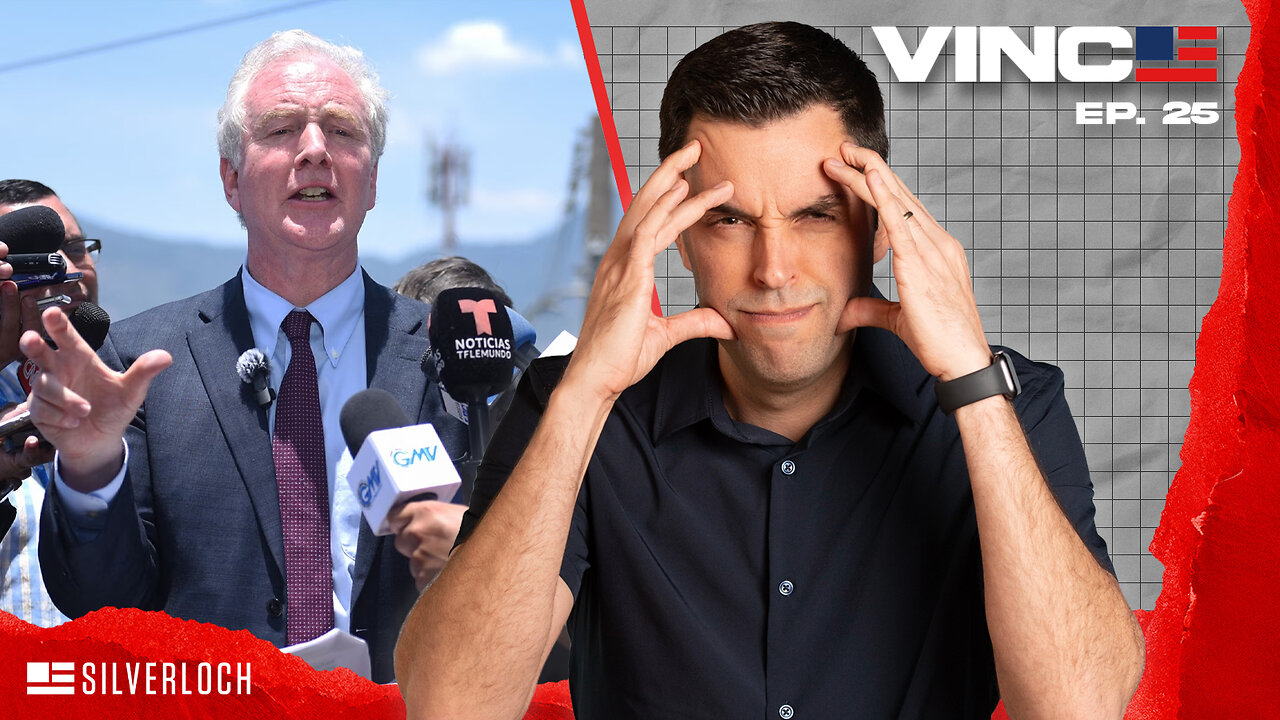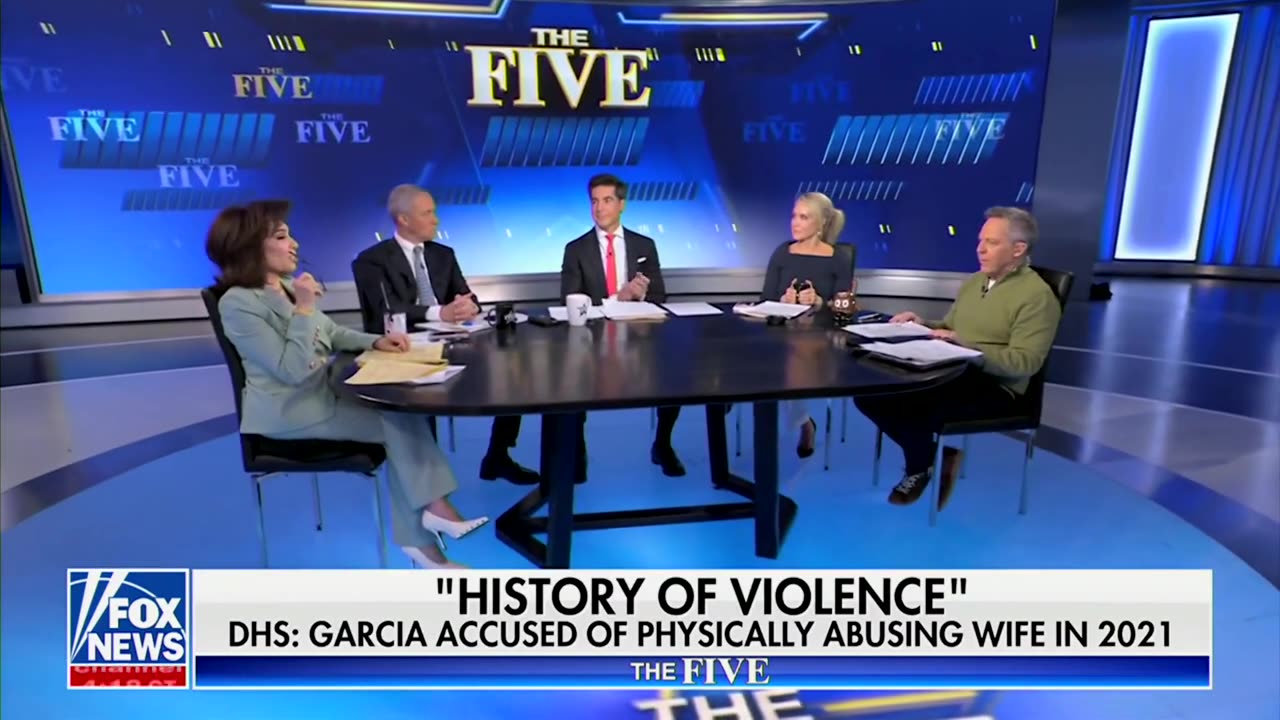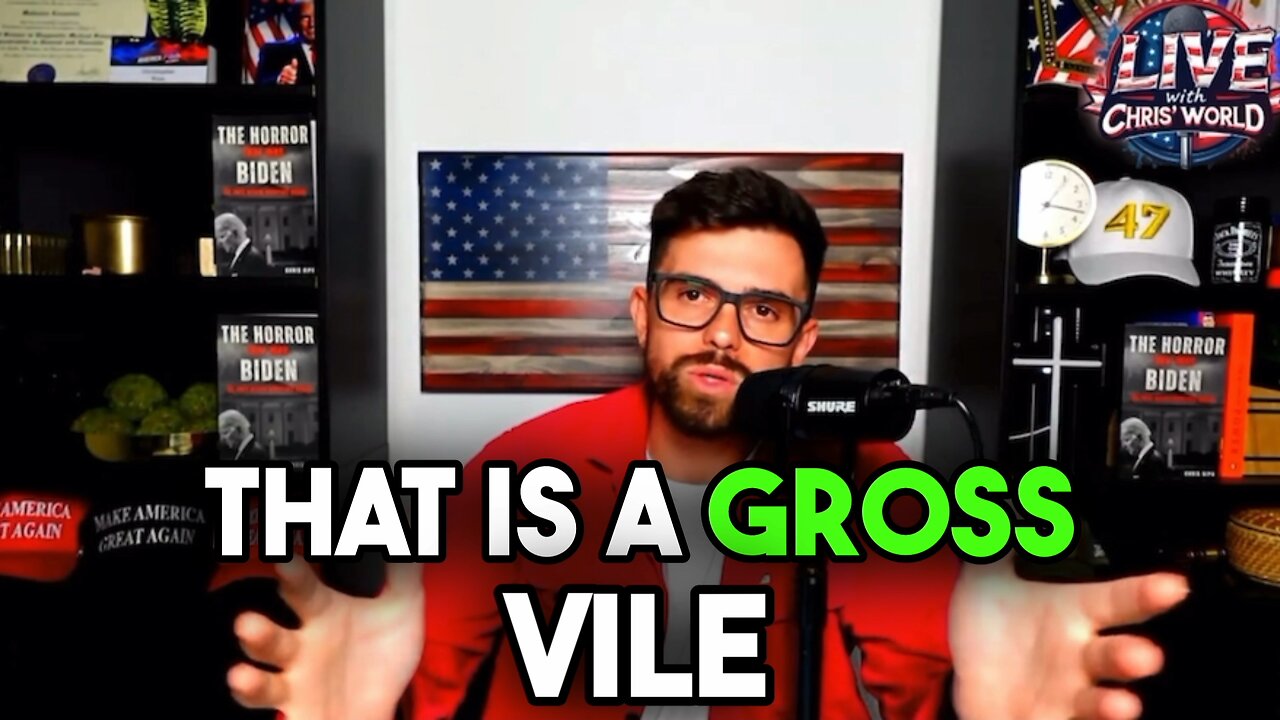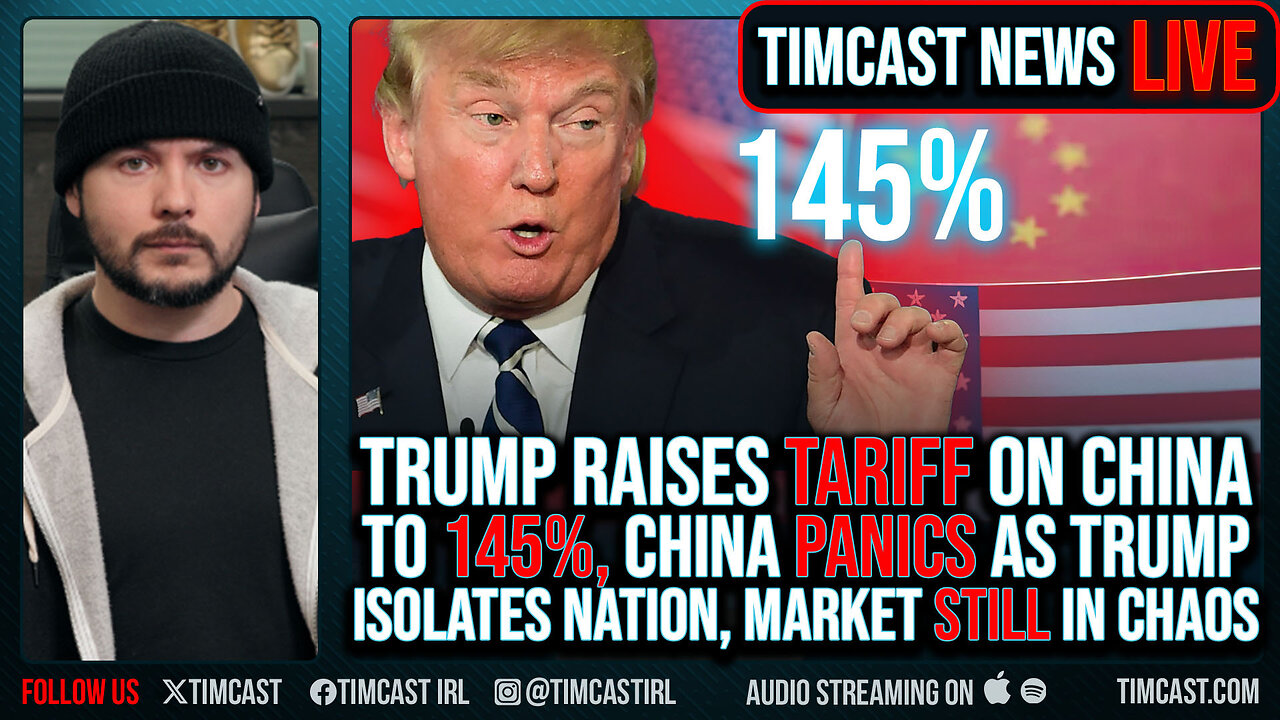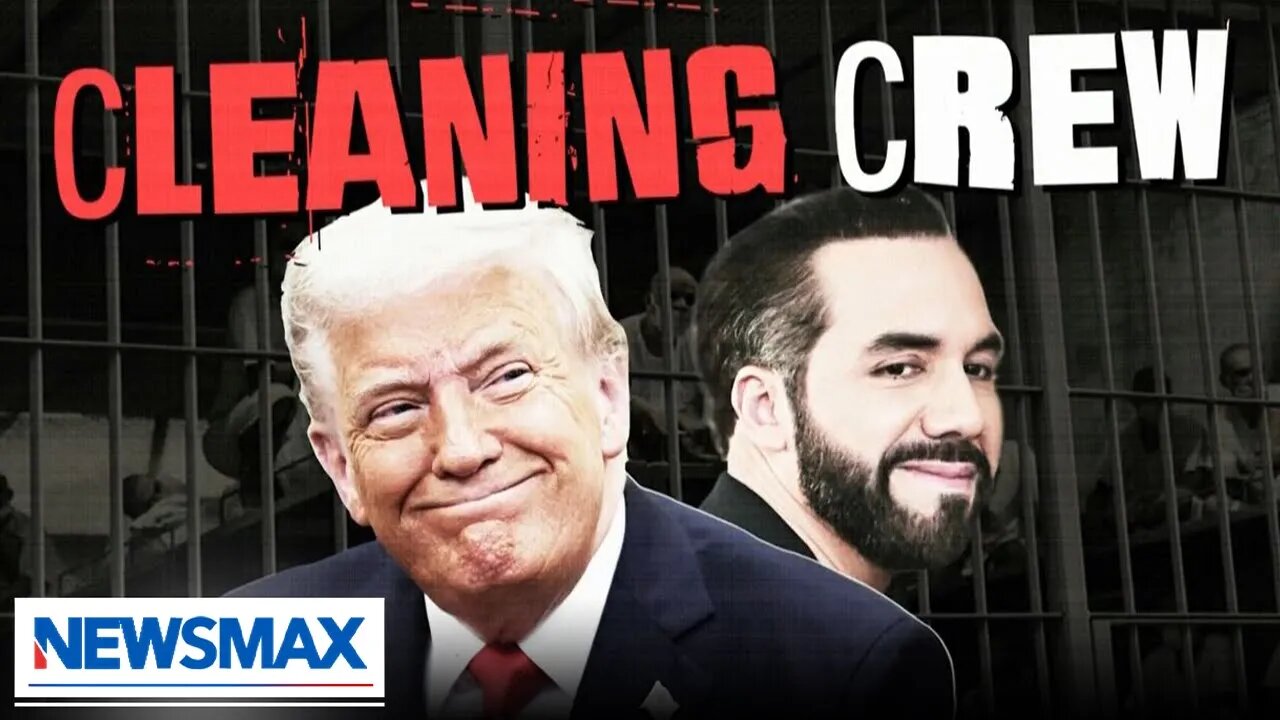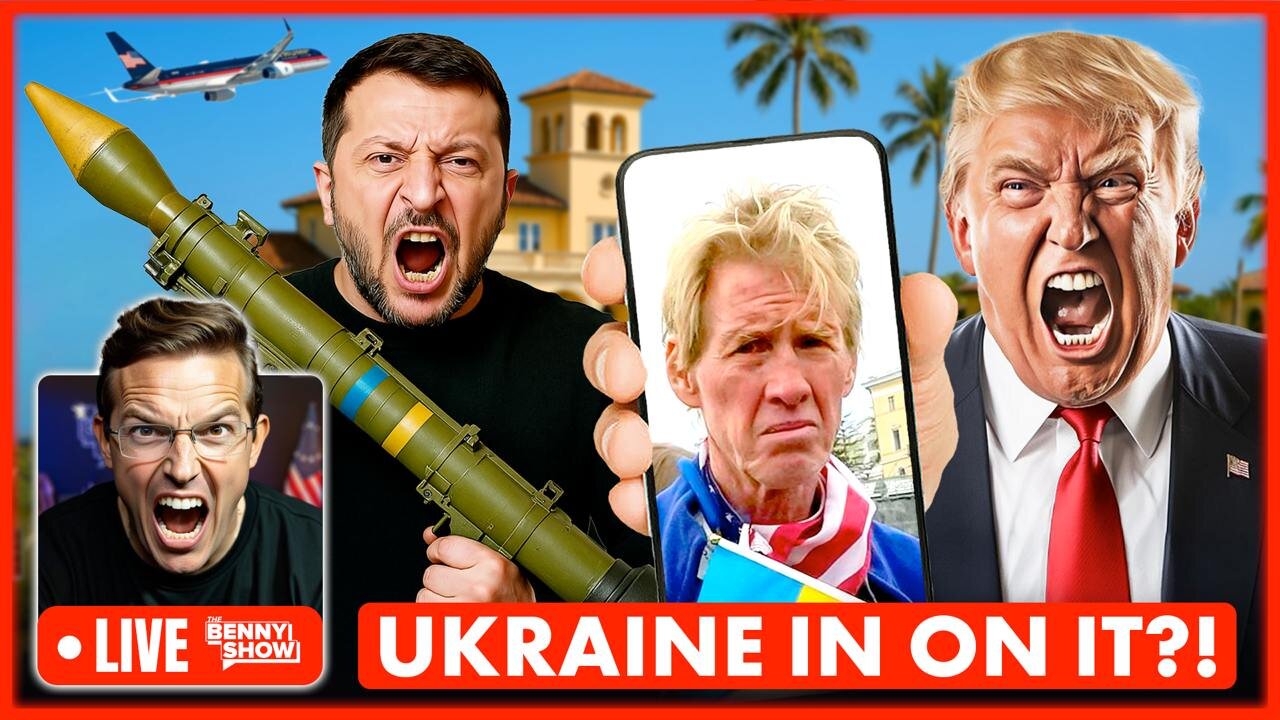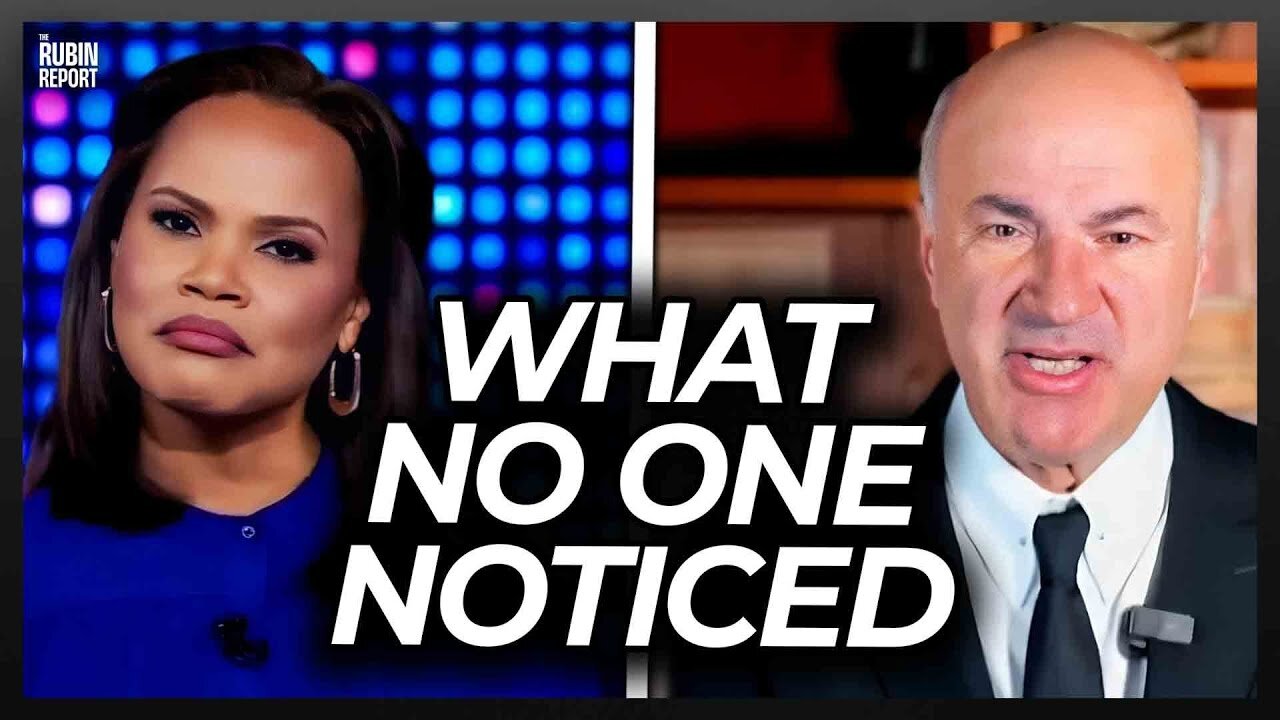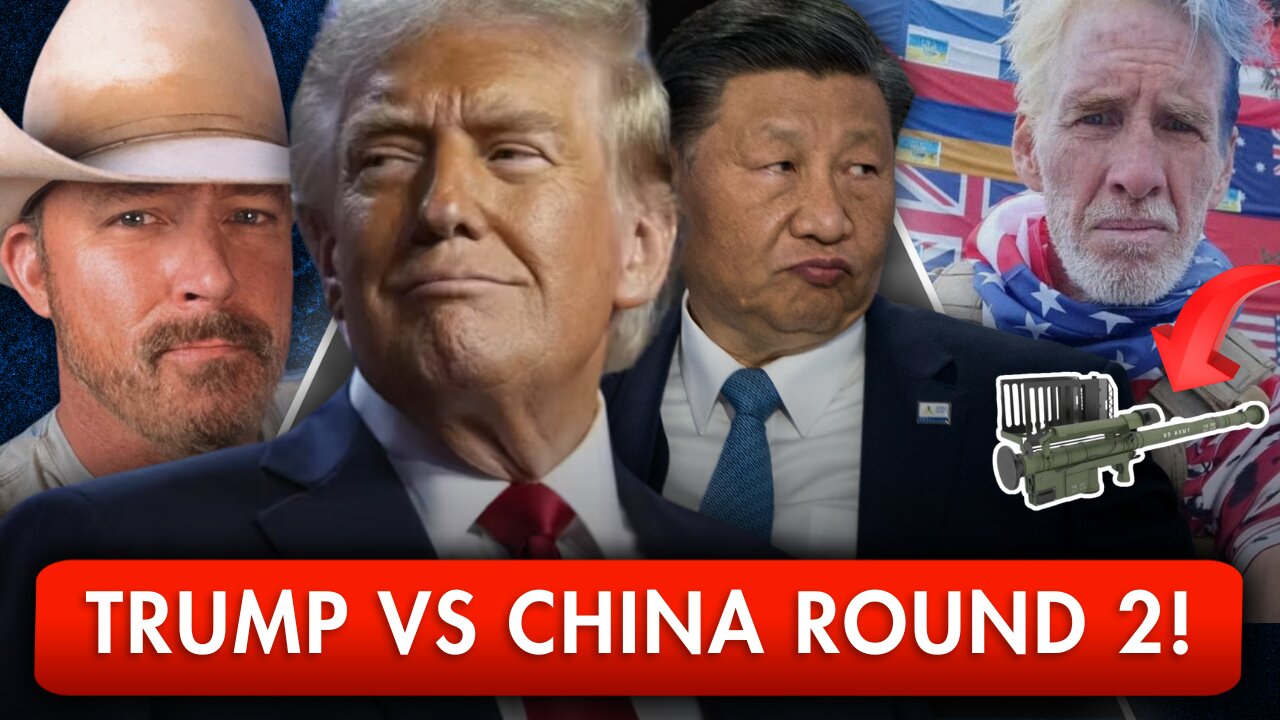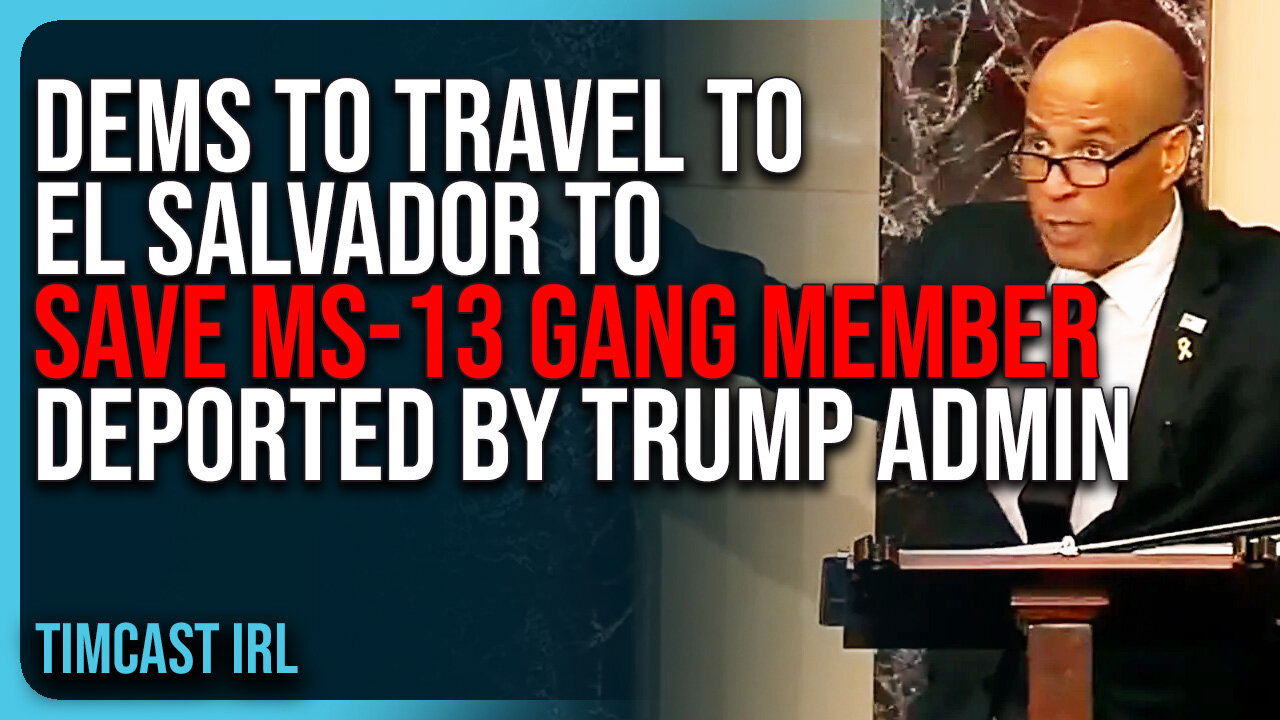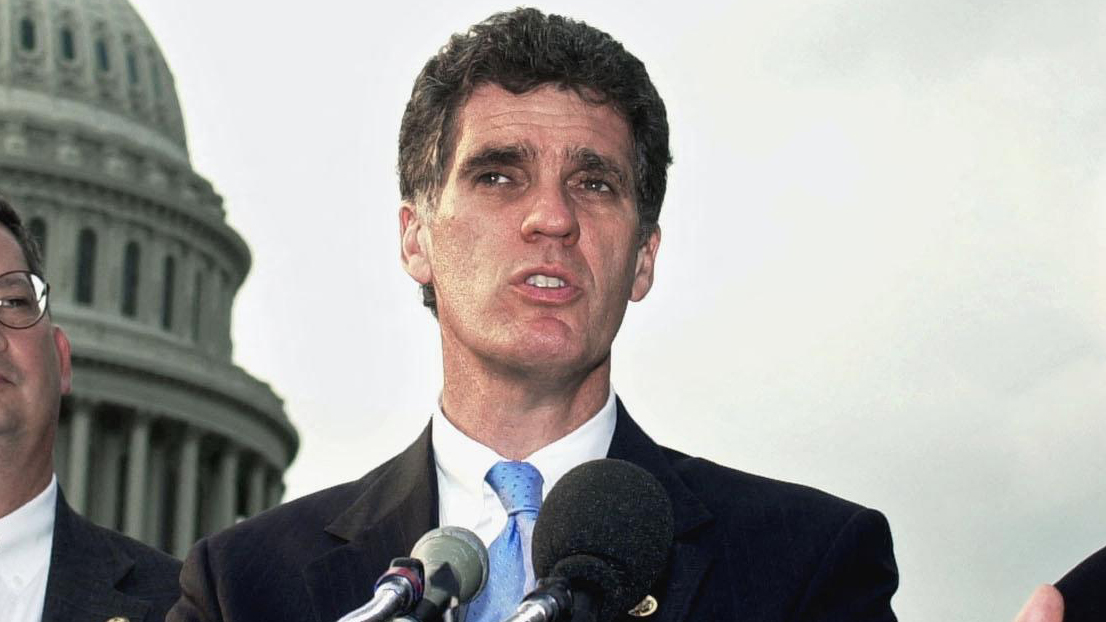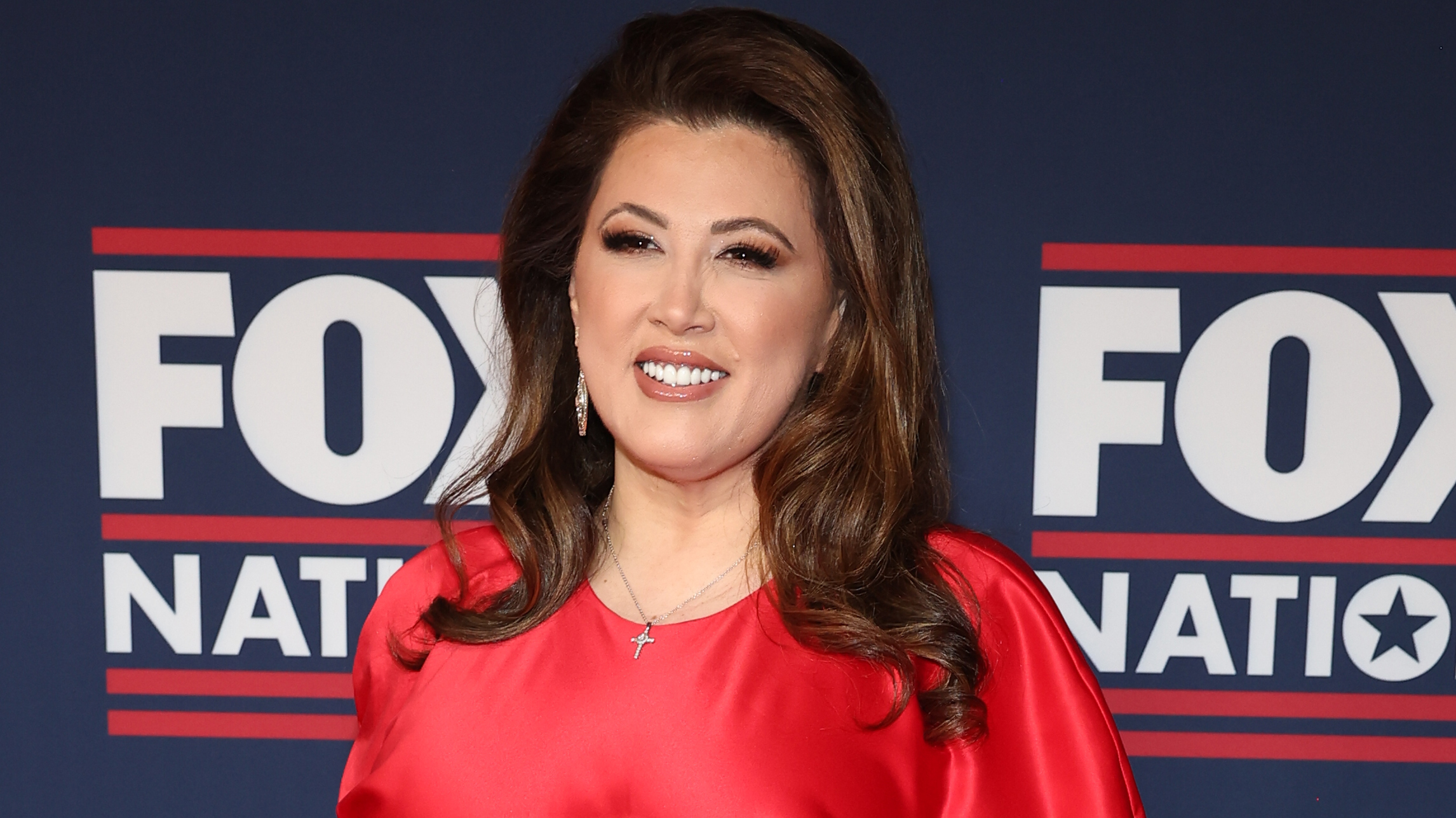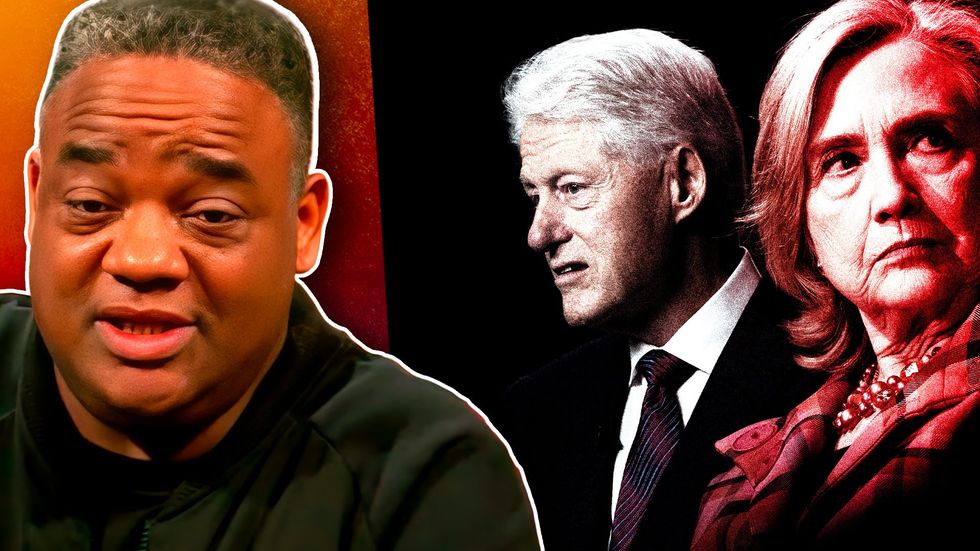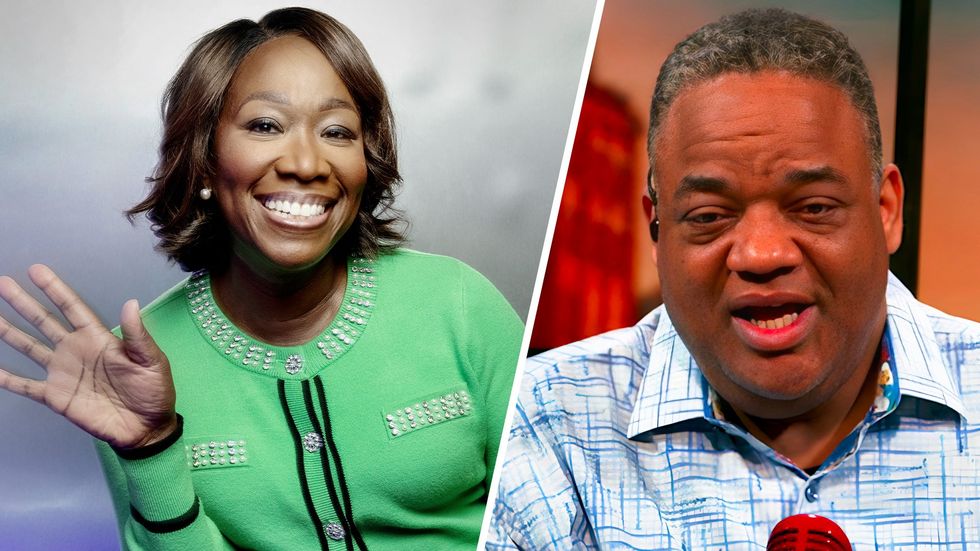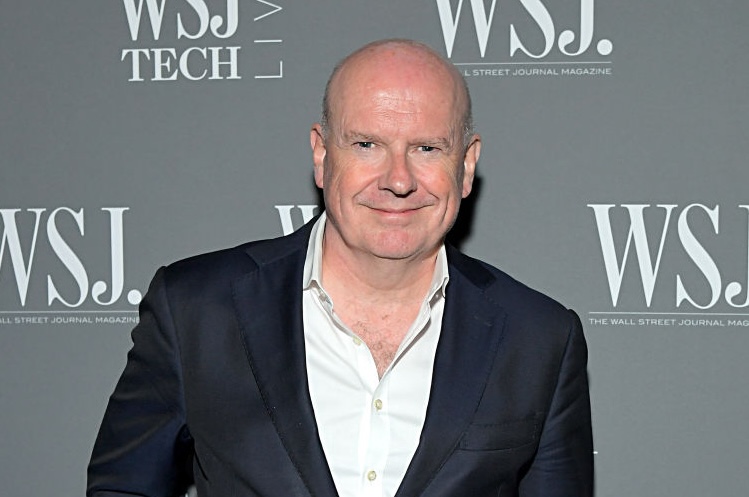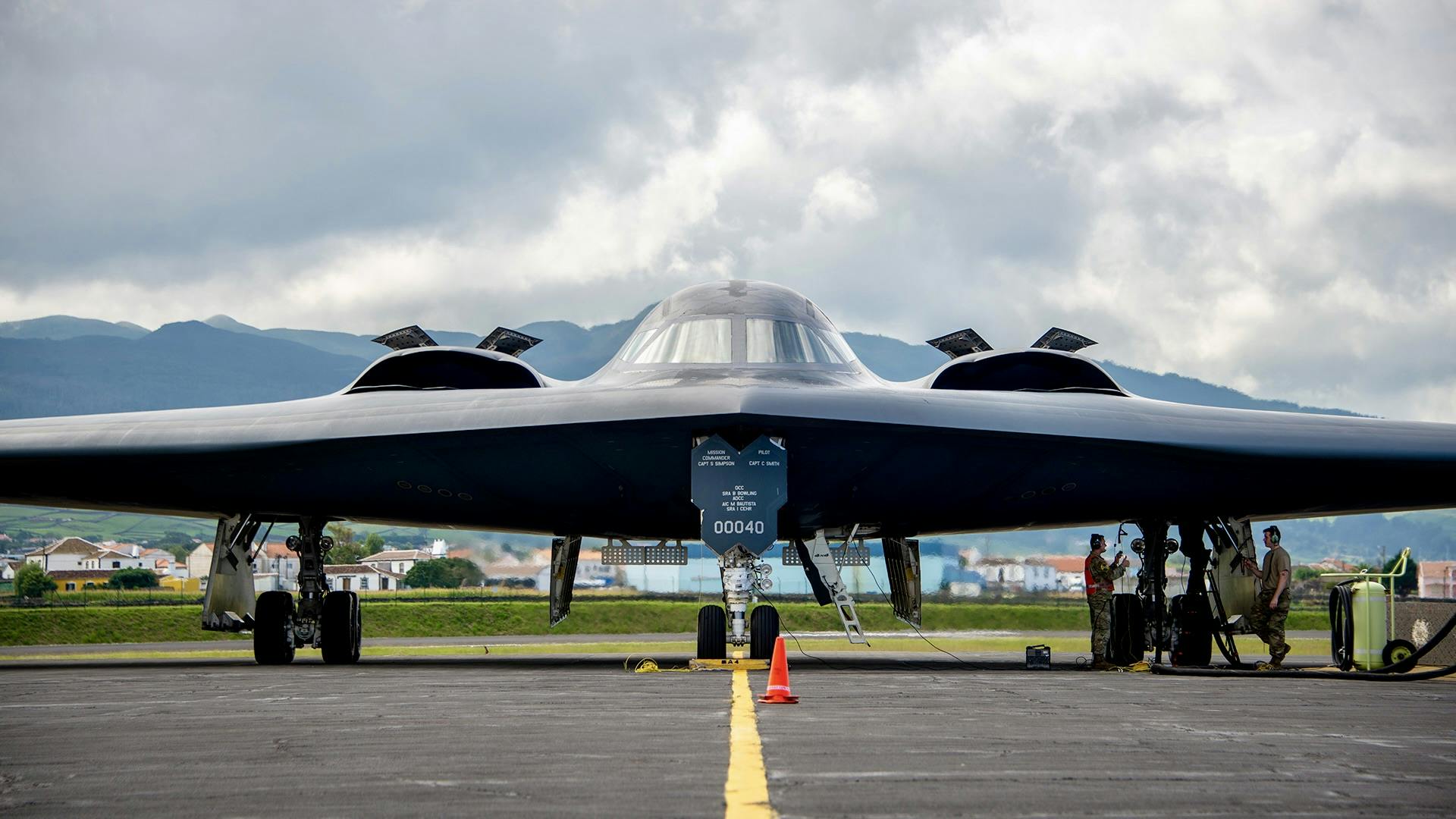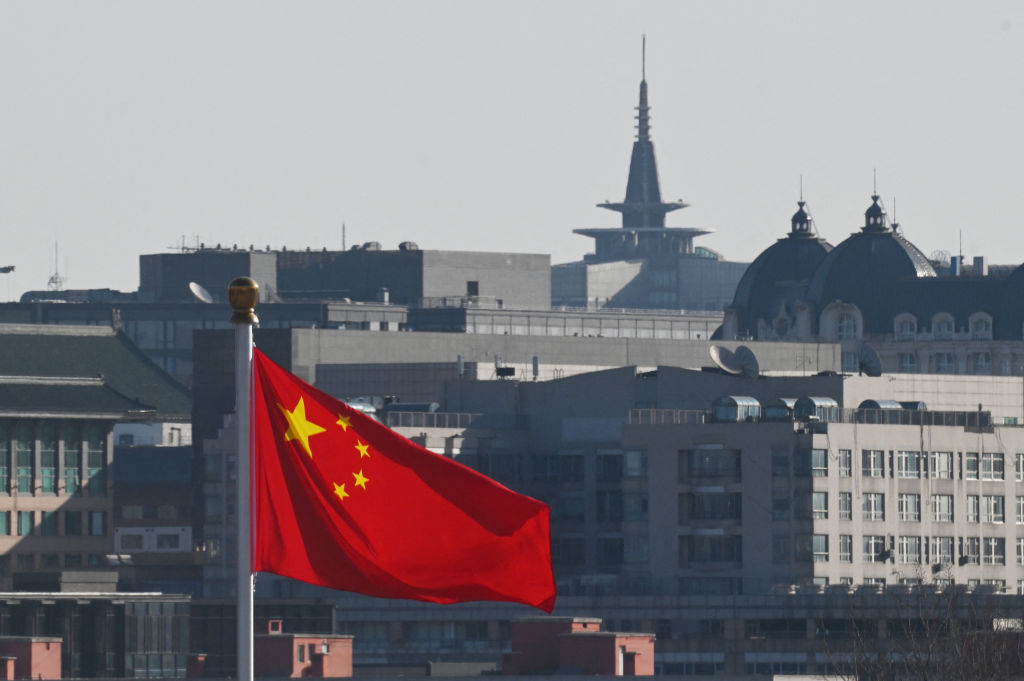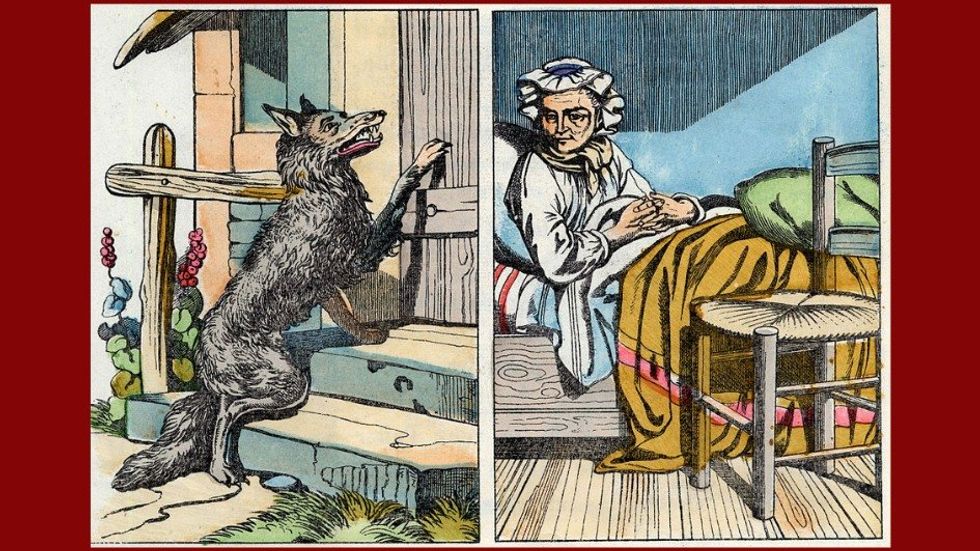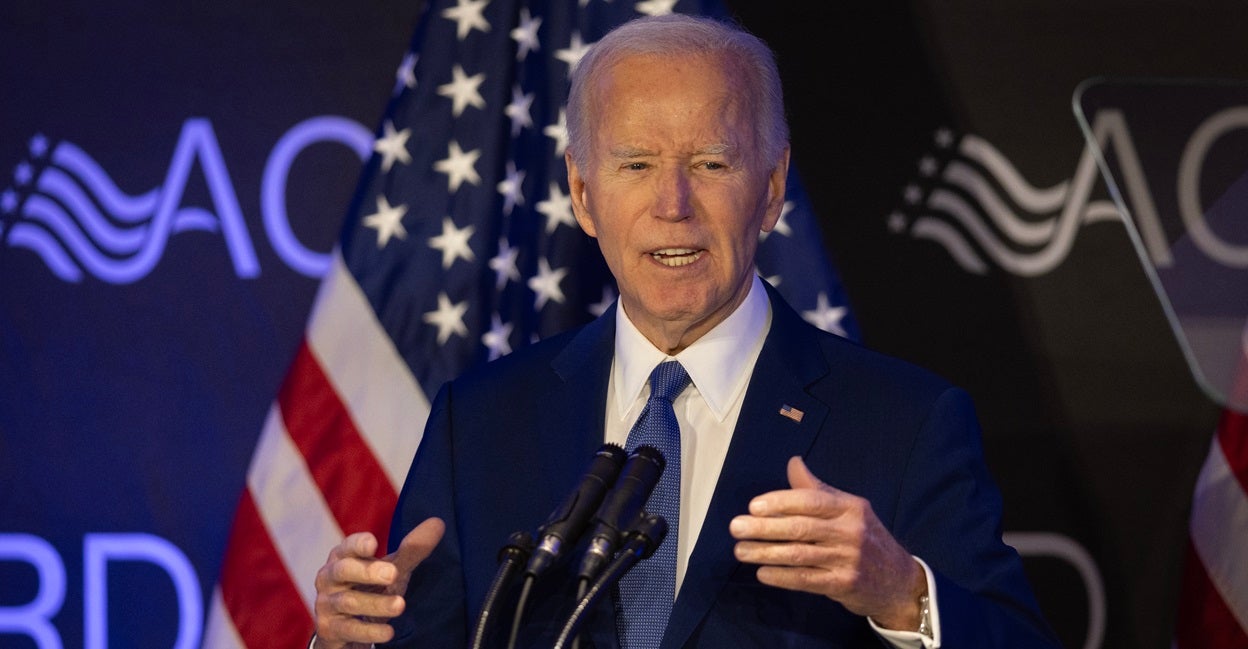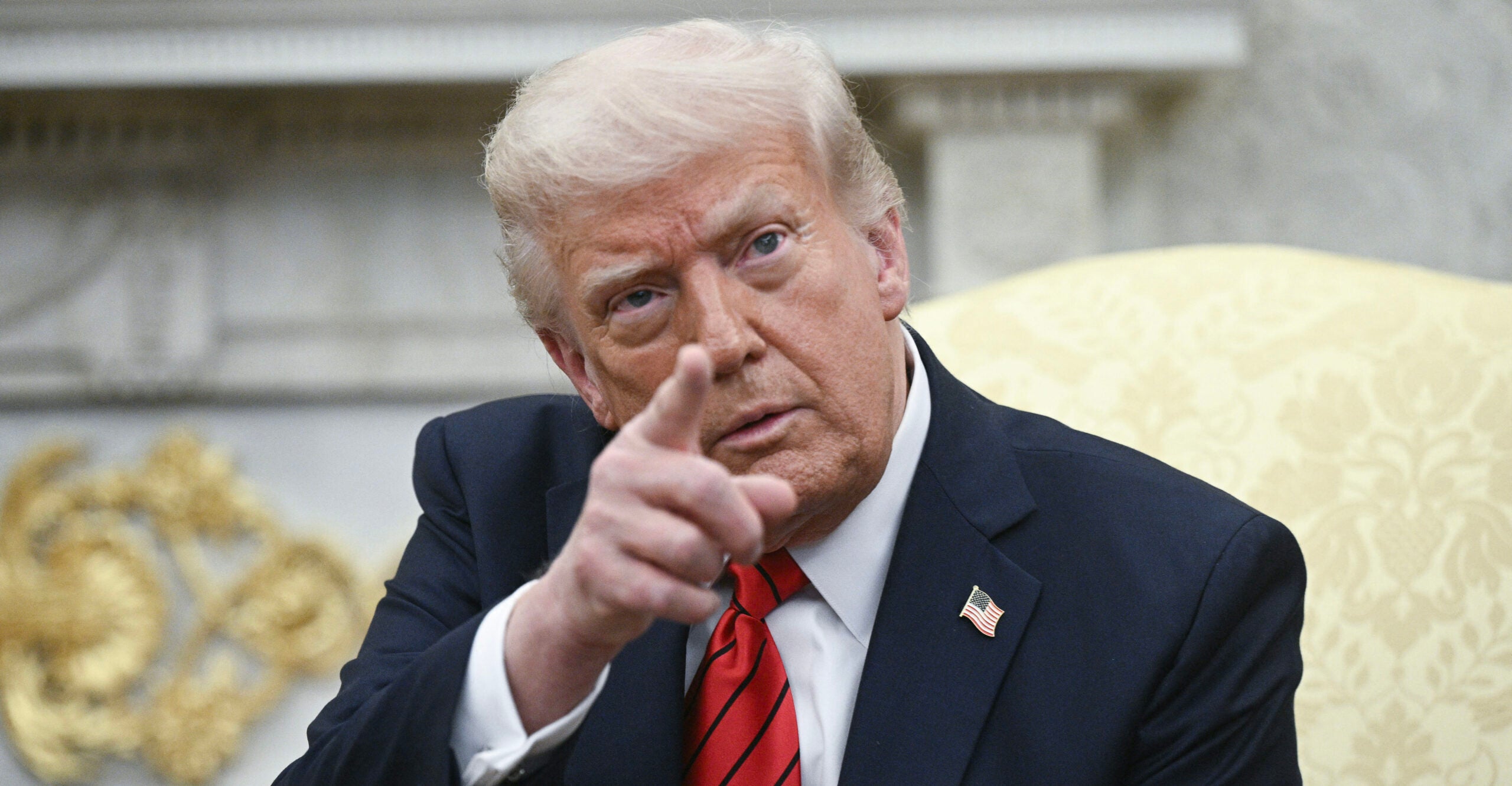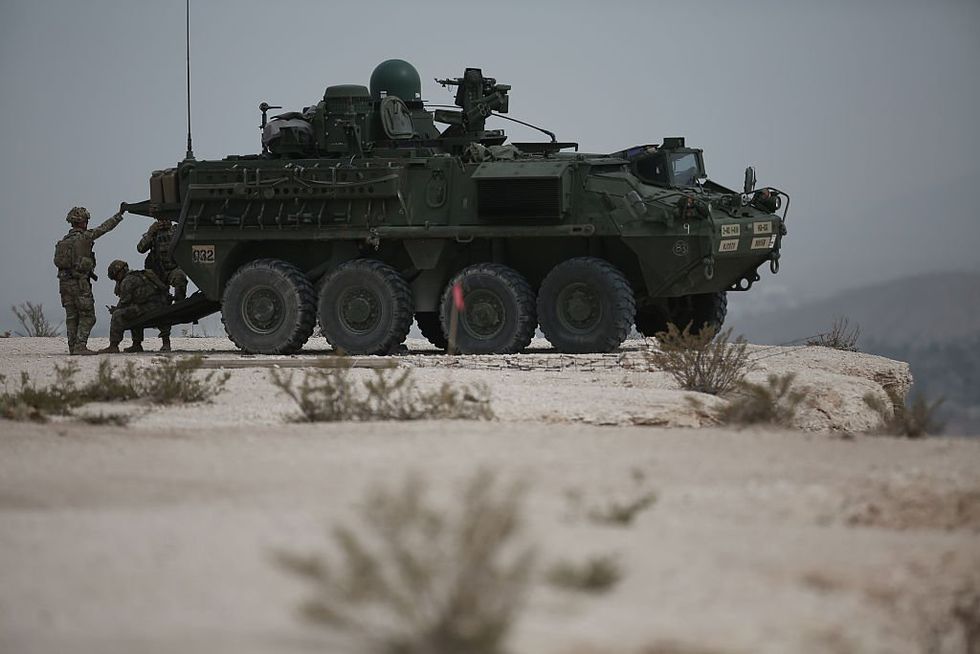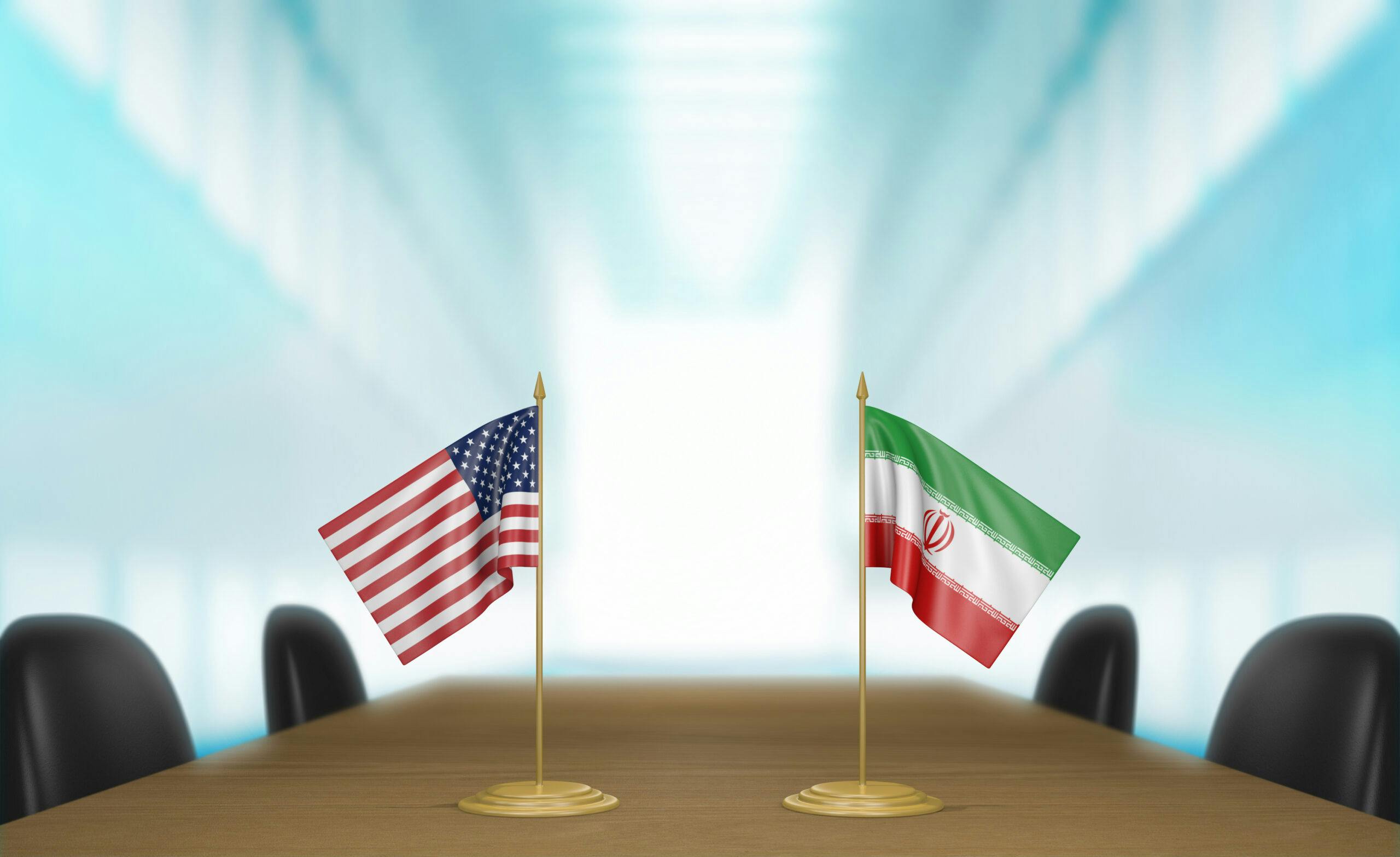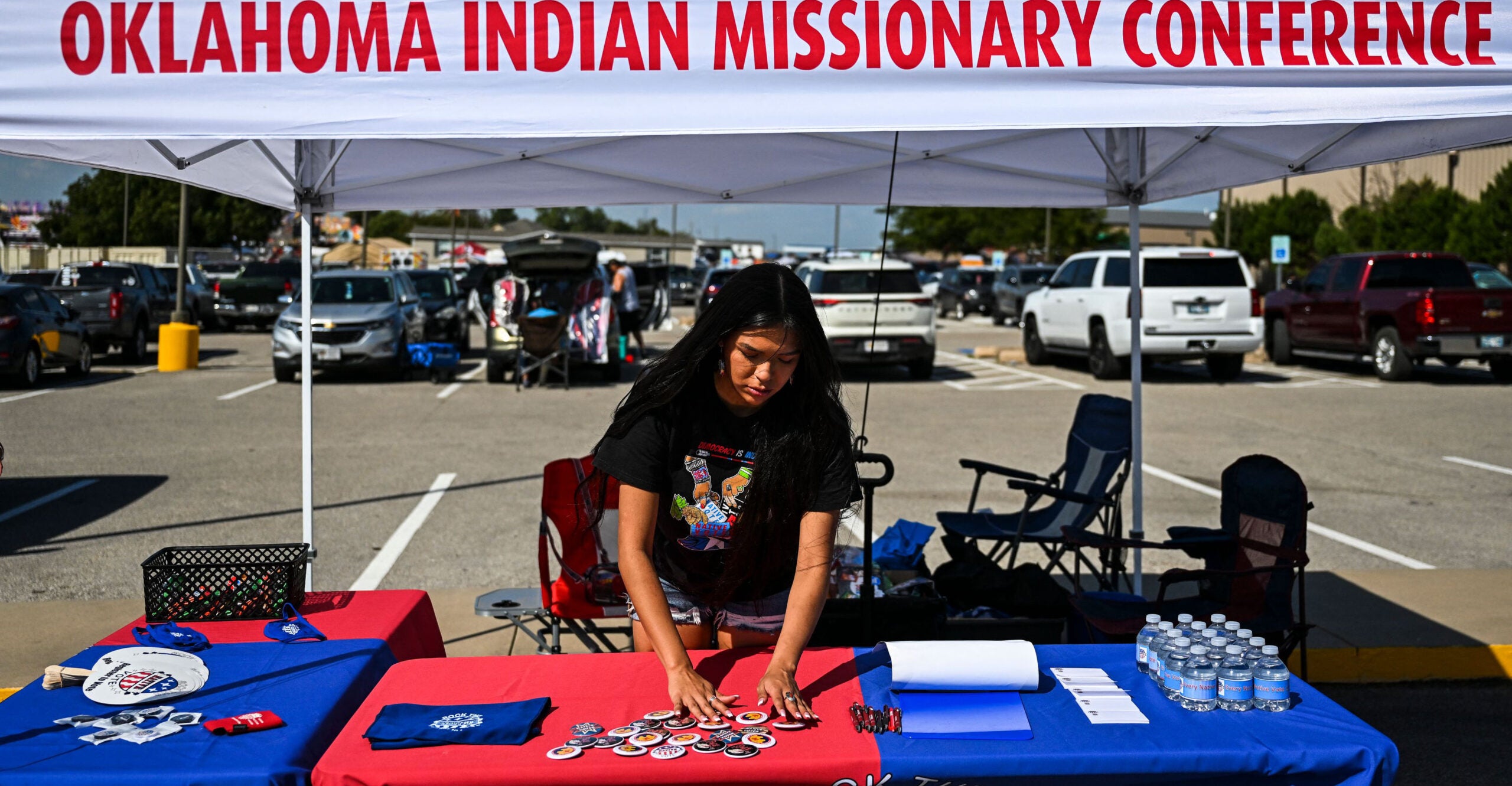Call of Duty goes nonbinary: Virtue-signaling or military psyop?
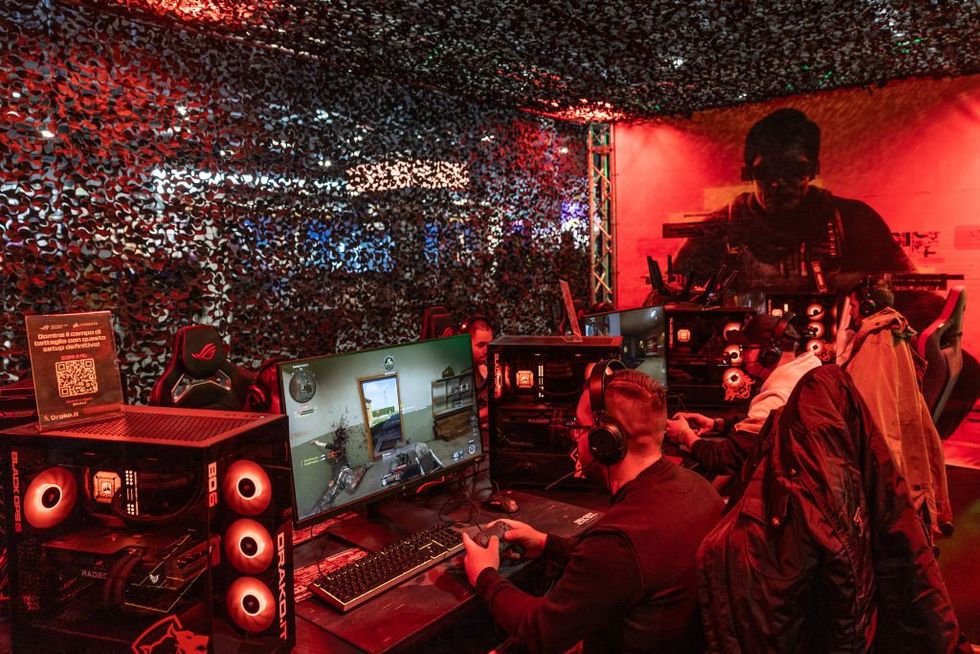

Call of Duty, one of the most popular video games of all time, recently introduced its first "nonbinary" character.
Many will laugh or roll their eyes, dismissing this new chance to employ they/them pronouns as mere virtue-signaling.
The U.S. military is now the nation’s largest employer of trans people. Let that sink in for a minute ... or an entire week.
But this development must be viewed through a broader lens. The inclusion of a nonbinary character in such a high-profile series isn’t just a silly gesture; it’s a calculated move on behalf of the game's creators. They understand that CoD holds unparalleled influence over millions of young minds in America and beyond, with players logging countless hours of immersion.
When consumed over long periods, these narratives, symbols, and subtle cues enter the subconscious, shaping players' perceptions without them even realizing it.
Game over
Long gone are the simple days of Super Mario, in which a cheerful plumber in overalls embarked on an innocent quest to save a princess. Today, that happy-go-lucky white man, displaying dangerously high levels of “benevolent sexism,” is considered "toxic." That’s because the gaming landscape has evolved from lighthearted adventures to being a battleground for ideological influence.
Which brings us back to CoD.
As I have shown before, the franchise is now a sophisticated propaganda tool. That’s because its ties to the U.S. military and intelligence apparatus are incredibly strong.
Critics have long noted that CoD’s narratives frequently echo real-life military operations and geopolitical strategies. It’s not a coincidence. The game’s developers have collaborated closely with the U.S. Department of Defense and intelligence agencies, integrating their perspectives into the game’s content.
From storylines that align closely with U.S. military operations to partnerships that influence game design, Call of Duty operates as a medium for disseminating pro-military narratives to young, impressionable audiences.
Consider one of the early missions in Call of Duty: Modern Warfare II, in which the target is an Iranian general named Ghorbrani — a thinly veiled version of real-life Iranian General Qasem Soleimani, down to his appearance and portrayal as a puppet of hostile powers. The striking similarities between the game’s fictional mission and America's assassination of Soleimani clearly demonstrate a deliberate effort to shape public perceptions of U.S. foreign policy.
Call of Duty has now become a cornerstone of the military-industrial complex — something even Eisenhower, in all his foresight, could never have anticipated.
Shaping the narrative
Military documents obtained under the Freedom of Information Act revealed that executives from the game’s publisher were previously invited to U.S. Air Force bases to be familiarized with military hardware like AC-130 planes and CV-22 helicopters—both of which prominently feature in the game series.
These interactions were not just casual consultations but part of a strategic effort to embed military narratives in the game’s design. Essentially, shaping how audiences perceive armed conflicts and positioning these industry leaders as credible advocates for military interests.
This has been the case for years. The U.S. Marine Corps collaborated on Call of Duty 5, and the Pentagon has been actively involved with game publishers, offering insight into the portrayal of the “U.S. Army of the future.”
With such intimate connections, the game’s influence on its players can no longer be dismissed as innocent entertainment. CoD essentially acts as a recruitment and indoctrination portal for young audiences, familiarizing them with military operations and subtly glamorizing war.
This matters to everyone, not just gamers. The psychological impact of engaging in military scenarios repeatedly over long periods is profound. Unlike a movie that ends after two hours, these games are designed for continuous engagement, making them highly effective in subtly shaping beliefs and attitudes.
For a country grappling with recruitment challenges and a changing public perception of military conflicts, this is a powerful tool to win/control the hearts and minds of the next generation without their explicit awareness.
In the past, Hollywood served as the primary vehicle for military propaganda. Now, with the film industry’s influence waning, video games have taken up the mantle. The modern gaming industry is worth over $347 billion—nearly five times more than Hollywood. With Call of Duty leading the charge, these games reach audiences on an unprecedented scale, seamlessly blending military strategy with popular culture in ways that often go unnoticed—or remain entirely invisible—to the player.
Normalizing the abnormal
When entertainment and military interests align so closely, the line between fiction and propaganda becomes dangerously blurred. It’s about controlling the cultural landscape, glorifying conflict, and normalizing the queer agenda.
In 2021, lest we forget, Rachel Levine, an eerie cross between Larry King and Joy Behar, became the nation’s first transgender four-star officer, appointed to lead the U.S. Public Health Service Commissioned Corps. The military’s increasing promotion of progressive ideologies is a deliberate strategy to mainstream queerness. And it's working. The U.S. military is now the nation’s largest employer of trans people. Let that sink in for a minute….or an entire week.
Studies consistently show that transgender individuals face significantly higher rates of depression, anxiety, addiction, and suicide compared to the general population. These findings raise serious questions about the wisdom of placing those grappling with such mental health crises in positions critical to national security.
In environments where mental resilience and emotional stability are paramount, this disparity in mental health risks cannot be ignored. Is it truly in America’s best interest to entrust its safety and stability to individuals statistically more prone to severe psychological distress? Obviously not.
As Call of Duty continues to integrate characters with identities and ideologies aligned with current sociopolitical narratives, serious questions need to be asked. Those in power understand that if you target the youth and immerse them in these narratives early, you can shape their beliefs and worldview for decades to come.
A nation of red, white, and blue is slowly morphing into red, white, and pink—trading patriotism for perversion, one click at a time.
Originally Published at Daily Wire, Daily Signal, or The Blaze
What's Your Reaction?
 Like
0
Like
0
 Dislike
0
Dislike
0
 Love
0
Love
0
 Funny
0
Funny
0
 Angry
0
Angry
0
 Sad
0
Sad
0
 Wow
0
Wow
0




